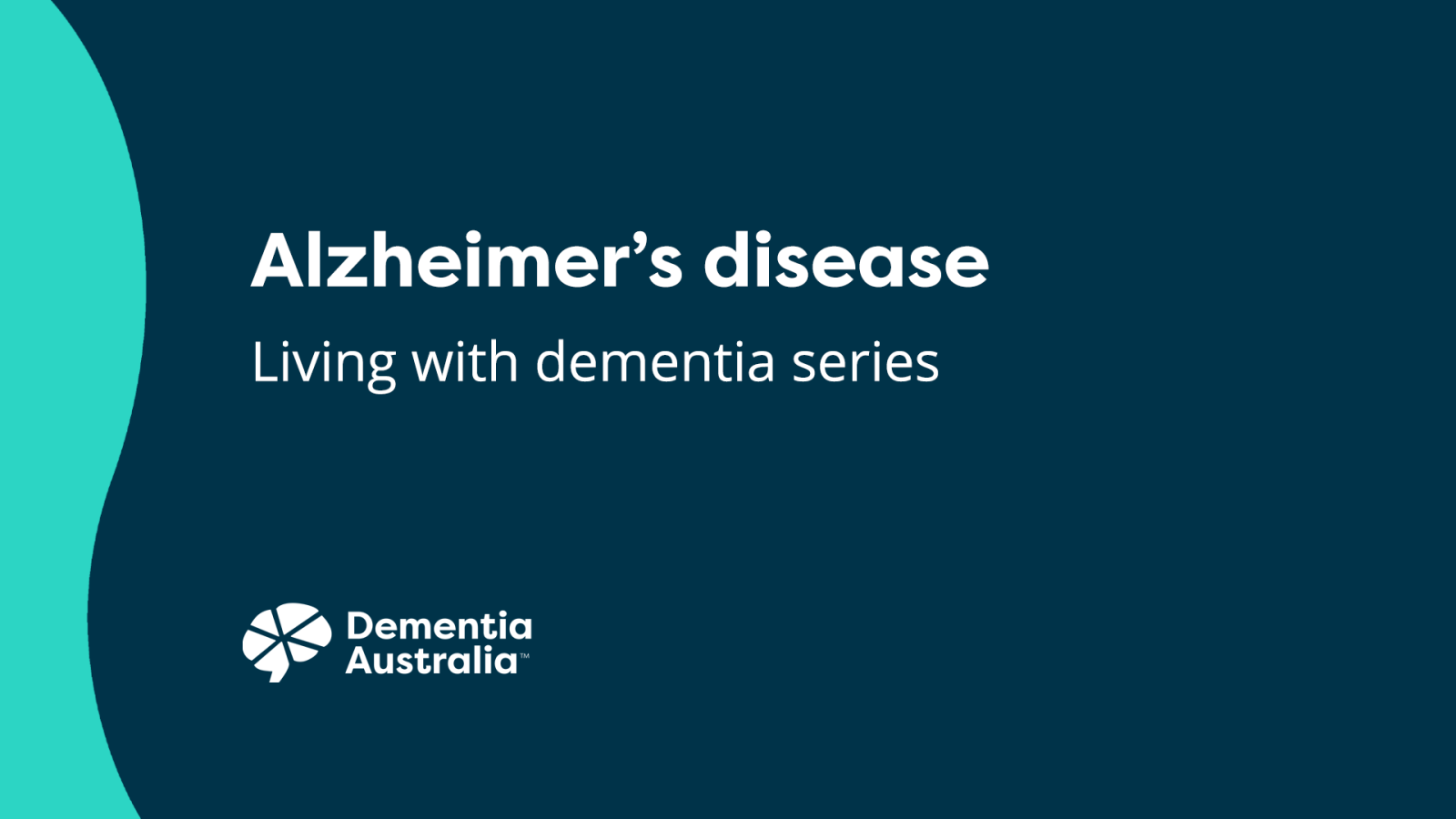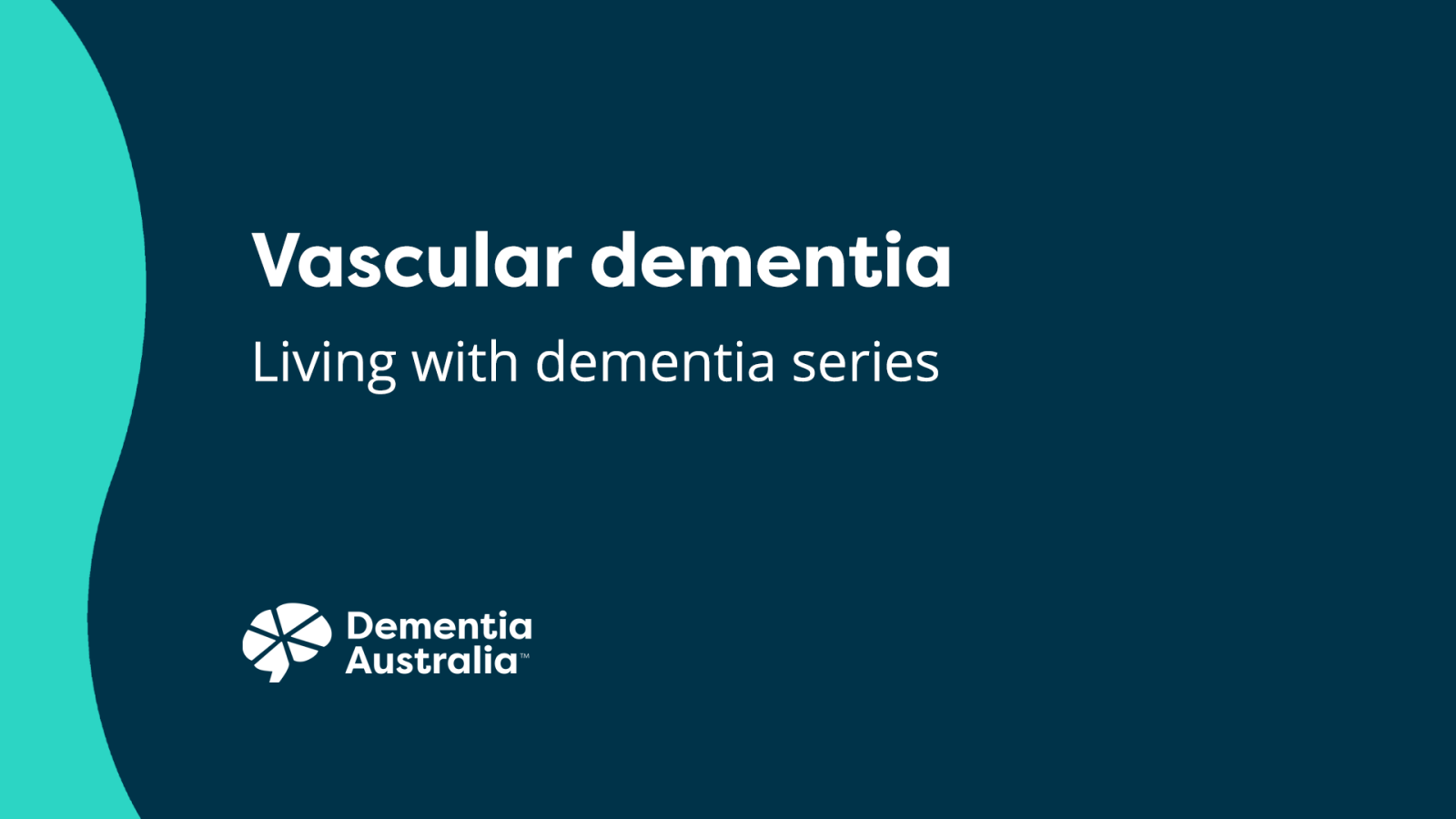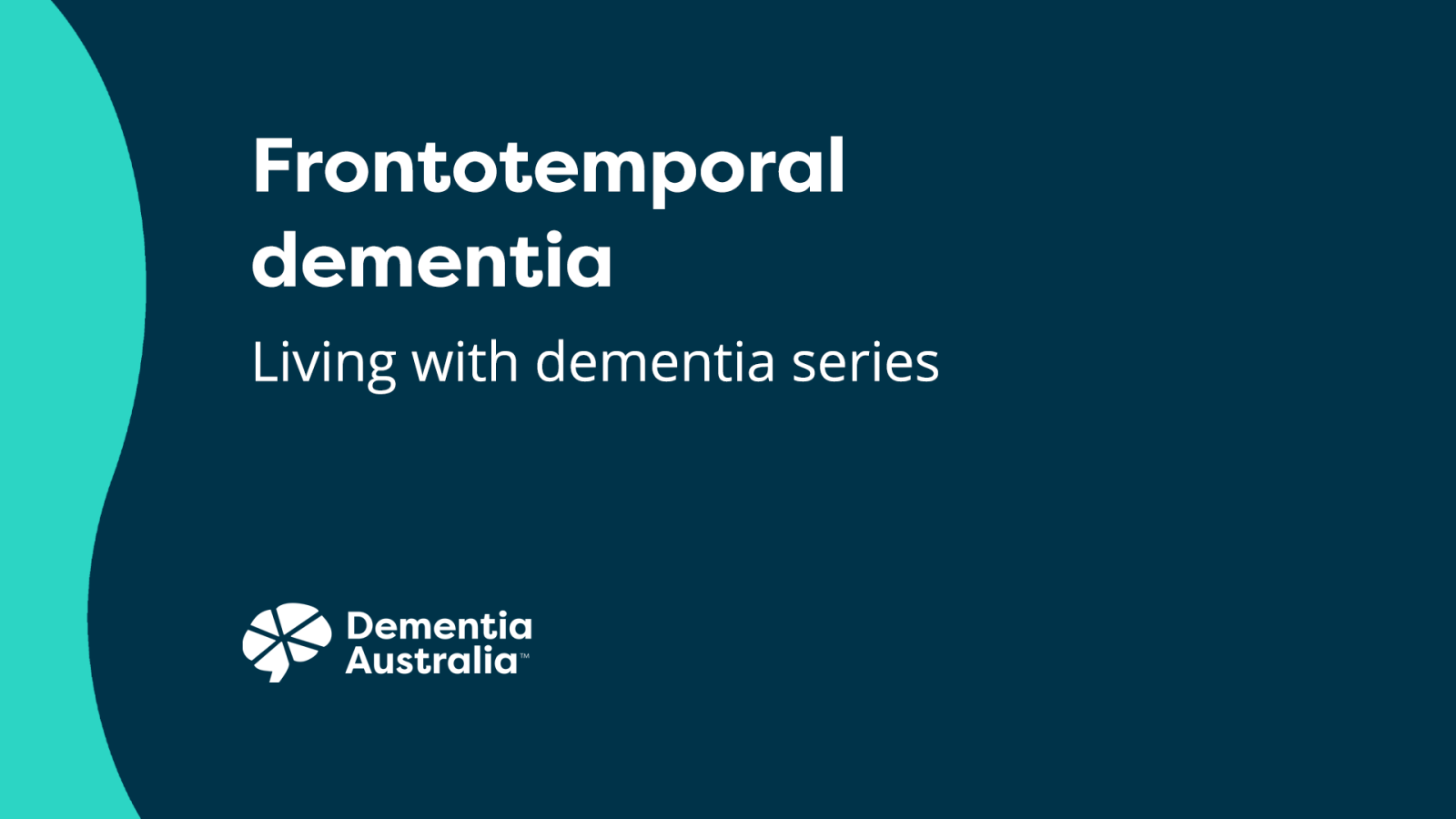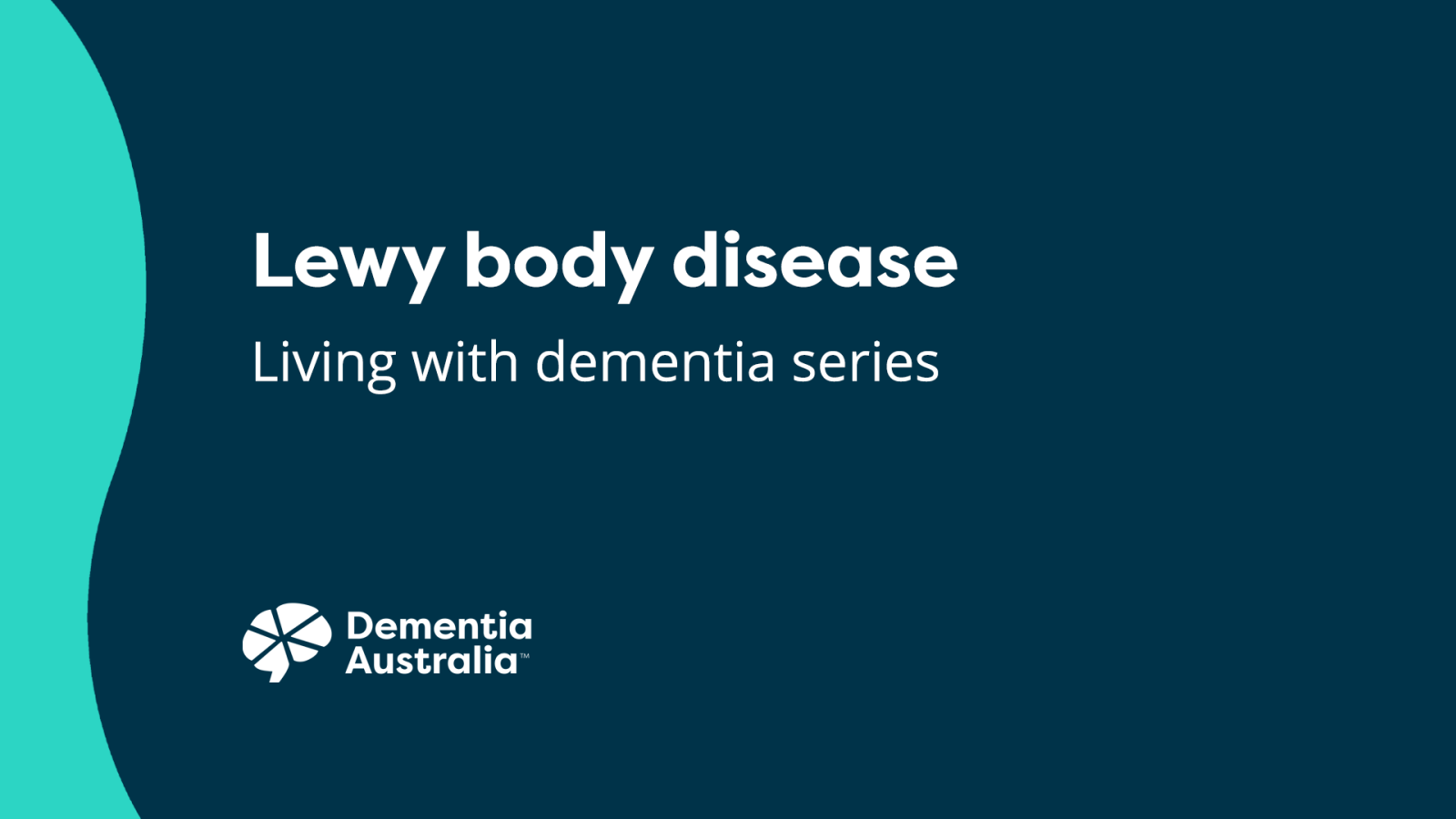Types of dementia in younger people
Dementia touches the lives of millions in Australia every day. Despite this, it’s also one of the most misunderstood and challenging conditions.
Dementia mainly affects people over 65, but people in their fifties, forties and even thirties can also be diagnosed.
The symptoms and types of dementia are the same for any age group. But since you’re at a different life stage, you may be affected in a different way. It may also be harder to get diagnosed, as you might seem too young.
If you or a loved one has been diagnosed with dementia, know that support and information is here for you. While it can be tough to come to terms with, if you’re worried you or someone close has it, early diagnosis makes all the difference. It can equip you with the tools, support and treatment to live well with dementia.
Alzheimer’s disease
Alzheimer’s disease is the most common cause of dementia. It’s a progressive form of dementia that gradually impacts brain cell function. The symptoms of Alzheimer’s disease can start off as subtle and build slowly over time, particularly in young people.
You may experience:
- Short-term memory loss, especially for details of recent events
- Language and comprehension difficulties, such as problems finding the right word
- Increasing disorientation in place and time
- A lack of motivation to begin tasks.
It’s unknown why people get Alzheimer’s disease, but genes, lifestyle and age can increase your risk.
To learn more about Alzheimer’s disease, watch the following video or read the video transcript.
Vascular dementia
Vascular dementia is cognitive impairment caused by damaged or blocked blood vessels in the brain. You can have vascular dementia on its own, or with Lewy body disease or Alzheimer’s disease.
The symptoms of vascular dementia can vary from person to person, depending on what part of the brain is damaged and other health factors.
You may experience:
- Changes in language, attention, reasoning and memory
- Slowed motor speed
- Impaired planning and organisational skills
- Repeating words, phrases or gestures without meaning to
- Feelings of depression and apathy.
You could develop vascular dementia after a stroke. Reducing your underlying health conditions, such as high blood pressure, diabetes and high cholesterol can decrease your risk profile.
To learn more about vascular dementia, watch the following video or read the video transcript.
Frontotemporal dementia
Frontotemporal dementia is a less common form of dementia. It’s most likely to occur in people aged from 45 to 65. And it’s more common in younger people. It can be in the family but often it’s not.
Frontotemporal dementia is caused by an abnormal build-up of protein in brain cells. It causes progressive damage to the front and temporal lobes of the brain. The reason for the build-up is unknown.
You may experience:
- Mood, language and behavioural changes
- Disinhibition, aggression or ritualistic behaviour
- Difficulty with planning, organisation and mental flexibility
- Difficulty retrieving memories.
Types of frontotemporal dementia include:
- Behavioural (behaviour, emotions and personality)
- Semantic (language and knowledge difficulty)
- Progressive non-fluent aphasia (word production and fluency).
The following help sheet describes the different types of frontotemporal dementia.
To learn more about frontotemporal dementia, watch the following video or read the video transcript.
Alcohol-related dementia
Excessive consumption of alcohol over many years can cause alcohol-related dementia. It is more common in younger people than older people.
Alcohol abuse can shrink your brain and cause permanent brain cell damage.
You may experience:
- An inability to learn
- Gaps in memory
- Difficulty with vision or making decisions
- Slowed and poorly controlled motor function
- Feeling disconnected or impulsive.
While it’s okay for most people to drink alcohol in moderation, chronic alcohol use may be a contributing factor in some younger onset dementia cases.
Parkinson’s disease with dementia
Parkinson’s disease is a common disorder that’s characterised by tremors, rigidity, slowness and instability causing impaired balance and falls.
Usually, Parkinson’s disease begins after 50, but it can emerge earlier, particularly if it’s in the family. Dementia develops in up to forty percent of Parkinson’s cases, often well after the neurological movement symptoms.
Cognitive impairment, such as slowed thinking and poor planning, is relatively common.
You may experience:
- Difficulty standing upright or walking
- Jerky movements, stiffness, tremor or rigidity
- Slurred, soft, flat and hesitant speech
- A marked slowing of motor and cognitive function
- Poor attention, broad and severe executive dysfunction
- Apathy and depression, especially early on.
Read more information on Parkinson’s disease on the Government’s healthdirect website.
Lewy body disease
Lewy body disease is an age-related disease that slowly damages the brain. It’s a spectrum disease, which means it can be found in people with Parkinson’s disease.
People with Lewy body disease can experience typical symptoms, such as issues with attention, memory and spatial awareness.
You may experience:
- Sometimes feeling alert and other times confused
- Slowed movement, rigidity, tremors and loss of facial expression
- Prominent visuospatial and perceptual disturbances, with hallucinations common
- Difficulty making decisions or reasoning.
You can learn more about Lewy body disease and related disorders from our help sheet.
To learn more about Lewy body disease, watch the following video or read the video transcript.
Huntington’s disease
Huntington’s disease is a rare genetic disorder characterised by abnormal involuntary movements, personality change and cognitive impairment.
Symptoms most commonly emerge in people between 30 and 45 years of age. Around five to ten percent of cases are diagnosed during adolescence.
This degenerative disorder progresses very slowly. People with Huntington’s disease may live for as long as 30 years after diagnosis.
Special care and support are required due to the complex nature of the symptoms.
You may experience:
- Jerky movements, tremors, poor balance, lack of coordination and slurred speech
- Reduced psychomotor speed and distractibility
- Problems with planning, mental flexibility and judgement
- Depression, irritability, emotional lability, aggression and impulsivity.
Read more information on Huntington’s disease on the Government’s healthdirect website.
Multiple sclerosis related dementia
Multiple sclerosis is associated with changes in sensation and vision, unsteadiness and balance problems.
Muscle weakness, bowel and bladder dysfunction may also occur. Emotional instability (such as inappropriate euphoria, psychosis, irritability and anxiety), fatigue and depression are very common. This fatigue and depression may also contribute to cognitive problems.
About half of people with multiple sclerosis are cognitively impaired, with its progressive form linked to more severe impairment. This impairment varies depending on where the lesions are located in the brain.
You may experience:
- Changes in sensation, weakness, poor balance and a lack of coordination
- Visual problems, such as blurred vision
- Slowing of motor and cognitive function
- Difficulties with sustained attention, short-term memory, problem-solving and abstract reasoning
- Depression, fatigue and mood swings.
Read more information on multiple sclerosis on the Government’s healthdirect website.
HIV-related dementia
Human immunodeficiency virus (HIV) is an infectious disease that suppresses the immune system and may cause cognitive impairment in its later stages. Most people with HIV will also get acquired immunodeficiency syndrome (AIDS).
The frequency of HIV-related dementia increases as the disease progresses and the immune system deteriorates. It is also believed to increase with age.
HIV-related dementia causes cognitive, behavioural and motor changes. Symptoms may be overlooked in the early stages and many are not diagnosed until daily activities are impaired.
You may experience:
- Distractibility and slow speed, memory problems and executive dysfunction
- Changes in motor symptoms, including poor balance, coordination, writing and continence
- Depression, fatigue, irritability and apathy.
The following help sheet describes HIV associated dementia and related conditions, their causes, symptoms, diagnosis and treatment.




